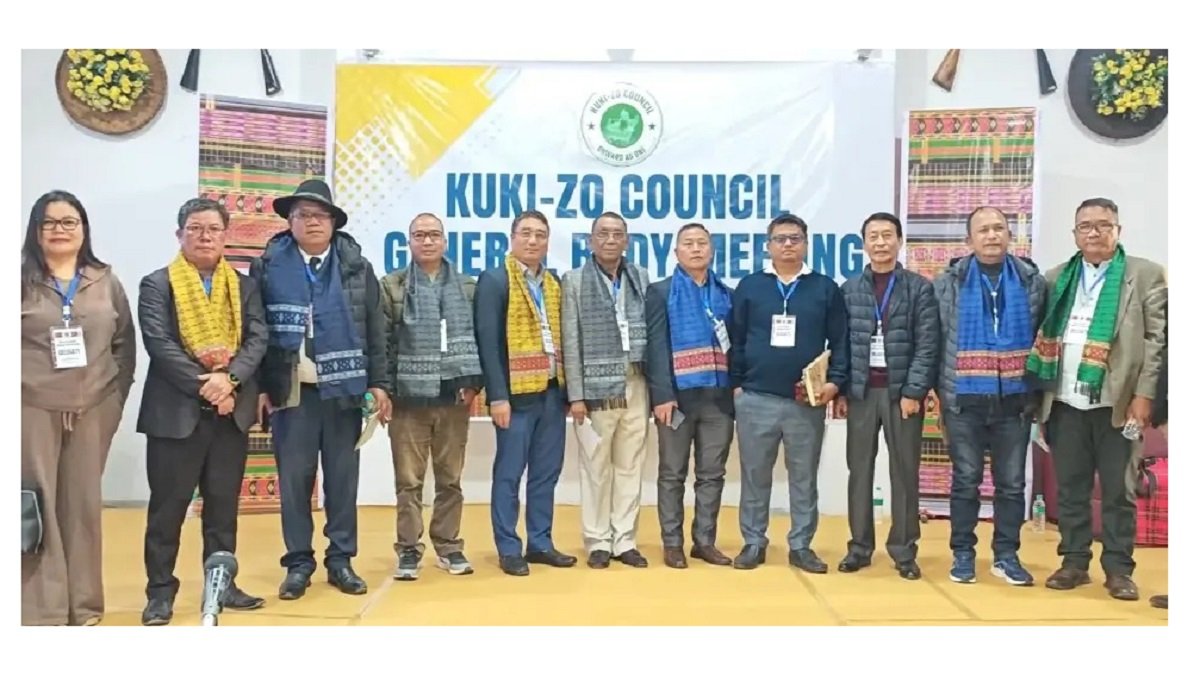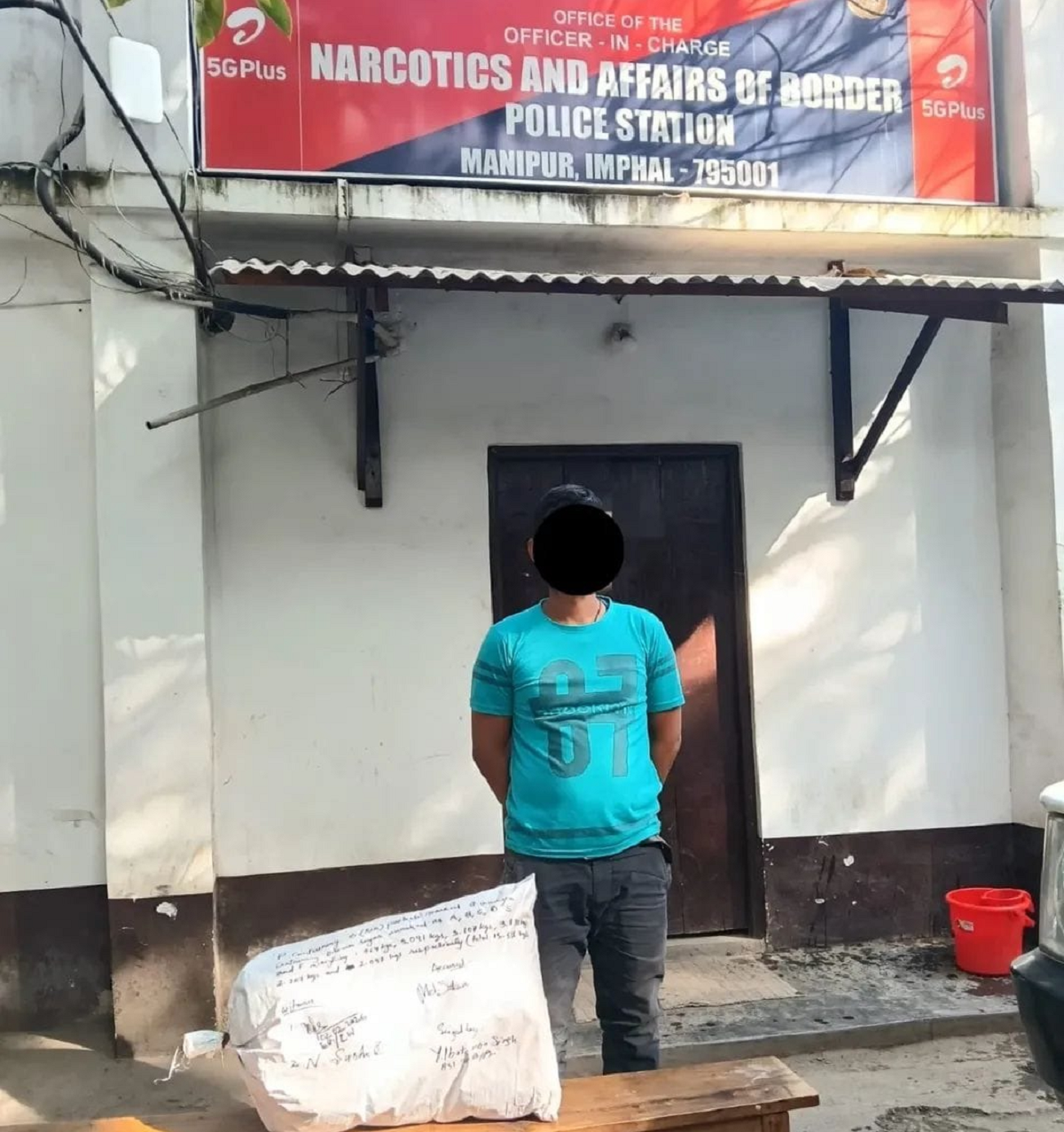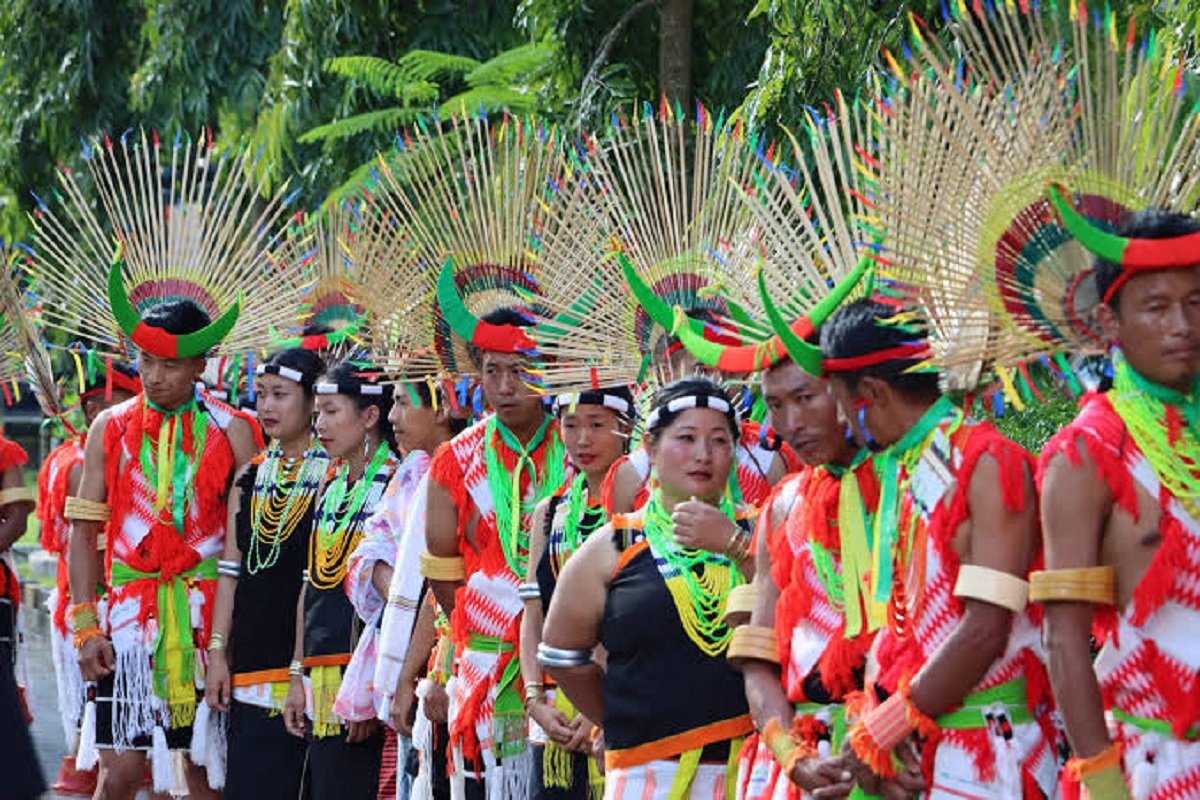The Kuki-Zo Council has launched a scathing attack on the National Investigation Agency (NIA) and the Manipur government after the release of community member Thangminlen Mate on bail, alleging that his case reflects a pattern of bias and wrongful targeting of their people. In a strongly worded statement issued on Sunday, the council described Mate’s bail as “undeniable proof that the Kuki-Zo people have been wrongfully framed and vilified.” According to the organisation, the court granted bail on the grounds that there was no prima facie evidence against him, thereby casting doubt on the credibility of the case itself. The statement, signed by Ginza Vualzong, Secretary of Information and Publicity of the council, accused the Manipur Police of “initially manipulating” the case before it was handed over to the NIA. The council further alleged that the state police acted “in collusion with Chief Minister Biren Singh,” a charge that underscores the deep mistrust between the Kuki-Zo community and the state government since the outbreak of ethnic violence in May 2023.
The Kuki-Zo Council emphasized what it sees as selective application of justice, claiming that while their community members are frequently prosecuted without strong evidence, others who are directly named in police reports continue to enjoy impunity. The statement specifically singled out Arambai Tenggol leader Kurunganba Khuman, whom it described as the “butcher of David Thiek,” asserting that he and several others have been explicitly mentioned in FIRs backed by “substantial evidence,” yet no action has been taken against them. “Innocent members of our community are hounded, arrested, and paraded as criminals, while actual perpetrators walk free under political protection. This reveals disturbing bias, double standards, and manipulation of justice in India’s legal system,” the council declared.
Mate’s case has become a flashpoint in the wider narrative of grievances expressed by the Kuki-Zo community over the past two years of unrest. The community has long accused both the state administration and central agencies of overlooking violence against them while disproportionately targeting Kuki-Zo youths and leaders.





